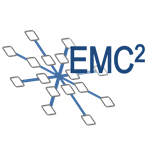 EMC²
EMC²
| JU grant nr. 621429 | ARTEMIS/0001/2013 39 months (Apr 2014 to Jun 2017) http://www.emc2-project.eu/ | |
| Summary: | EMC2 – ‘Embedded Multi-Core systems for Mixed Criticality applications in dynamic and changeable real-time environments’ is an ATREMIS Joint Undertaking project in the Innovation Pilot Programme ‘Computing platforms for embedded systems’ (AIPP5). Embedded systems are the key innovation driver to improve almost all mechatronic products with cheaper and even new functionalities. They support today’s information society as inter-system communication enabler. A major industrial challenge arises from the need to face cost efficient integration of different applications with different levels of safety and security on a single computing platform in an open context. The objective of EMC2 is to establish Multi-Core technology in all relevant Embedded Systems domains. EMC2 is a project of 97 partners of embedded industry and research from 19 European countries and Israel with an effort of about 800 person years and a total budget of about 100 million Euro. |
| Funding: | Global: 94.6MEUR, CISTER: 307KEUR |
| Sponsors: | 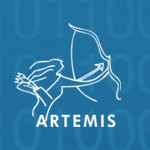 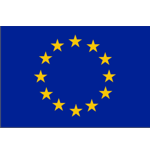 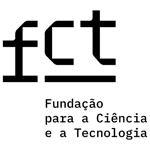 |
| Partners: | |
| Contact Person at CISTER: | Eduardo Tovar |
EMC2 – the successful story of one of the largest European ICT projects on Embedded Real-Time Computing Systems
 EMC2 (Embedded multi-core systems for mixed criticality applications in dynamic and changeable real-time environments), an Artemis Innovation Pilot, has received its final review, noting the Excellent outcome of the project.
EMC2 (Embedded multi-core systems for mixed criticality applications in dynamic and changeable real-time environments), an Artemis Innovation Pilot, has received its final review, noting the Excellent outcome of the project.
After three years of intensive work, EMC2 provided a breakthrough for system (and application) integration through an innovative and sustainable service-oriented architecture approach for mixed criticality applications in dynamic and changeable real-time environments such as automotive or avionics.
The field of embedded systems is undergoing a disruptive evolution, where different types of systems and components are interconnected, thus reducing the boundaries between application domains, and placing the focus on interoperability.
In addition, the increasing use of multi- and many-core processors brings additional challenges to the development of critical and real-time applications, and the process of developing new systems is inefficient and expensive. EMC2 directly tackled these challenges, helping the European Embedded Systems industry to maintain its leading edge position.The project was one of the largest ICT projects in Europe with around 100 partners and a total budget of 94 Million Euros.
Among others, the project included renowned companies such as Ericsson, BMW, Airbus, Volvo, Philips Healthcare, Siemens, Thales and Infineon Technologies, and reputed academic and research institutions such as KTH, Tue, CEA, LERO, DTU, LTU, TNO and Fraunhofer.
CISTER was highly involved in several of the project activities, with more than 10 researchers involved (with a total effort of 120 person month). CISTER’s focus was in the research-oriented work packages, mainly in two of the “Living Labs”, leading a use case in the area of automotive (together with Critical Software), and involved in another use case in the area of avionics (led by the Airbus Group).
ECRTS conference sees strong CISTER presence in Dubrovnik
 This year, CISTER has actively participated in the 29th Euromicro Conference on Real-Time Systems (ECRTS 2017), held in Dubrovnik, Croatia in June. ECRTS is known as the second most important conference in the area of real-time systems, in terms of quality of the publications and impact. Six senior researchers from CISTER attended the event: Eduardo Tovar, Patrick Meumeu Yomsi, Vincent Nelis, Muhammad Ali Awan, Konstantinos Bletsas and Geoffrey Nelissen.
This year, CISTER has actively participated in the 29th Euromicro Conference on Real-Time Systems (ECRTS 2017), held in Dubrovnik, Croatia in June. ECRTS is known as the second most important conference in the area of real-time systems, in terms of quality of the publications and impact. Six senior researchers from CISTER attended the event: Eduardo Tovar, Patrick Meumeu Yomsi, Vincent Nelis, Muhammad Ali Awan, Konstantinos Bletsas and Geoffrey Nelissen.
Several works from CISTER were presented at the conference, one in the main track, presented by Ali Awan, and another at the Work in Progress session (WiP), presented by Konstantinos Bletsas. Two other works were also presented by Geoffrey Nelissen and Vincent Nelis in the satellite workshops, the 8th Real-Time Scheduling Open Problems Seminar (RTSOPS), and the 16th International Workshop on Worst-Case Execution Time Analysis Workshop (WCET), organized in parallel to the conference. During the Interactive Session of the conference, Geoffrey Nelissen presented a call for action to build an "Erratarium" for the Real-Time Systems community: a platform that would serve as a centralized repository for errata and discussion forum around errors discovered in published results on real-time systems.
Not only CISTER made an important contribution to the scientific advances of this year's edition of ECRTS, by presenting cutting-edge works in the main track, WiP, and the satellite workshops, but also CISTER was also involved in the organization of the event. CISTER researchers Vincent Nelis and Geoffrey Nelissen served as members of the Technical Program Committee, and Patrick Yomsi Meumeu and Vincent Nelis served as chairs of the Work-in-Progress session and the RTSOPS workshop, respectively.
RTSS 2017 TPC Meeting in Paris
 The IEEE Real-Time Systems Symposium (RTSS), is the premier conference in the area of real-time systems, providing a forum for the presentation of high-quality, original research covering all aspects of real-time systems theory, design, analysis, implementation, evaluation, and experiences. For its 2017 edition, the Technical Program Committee meeting was held in Paris, June 24. Together with other renowned researchers from all over the world, CISTER researchers Eduardo Tovar, Luís Miguel Pinho, Konstantinos Bletsas and Patrick Meumeu Yomsi participated in the selection of papers. RTSS 2017 will be held in Paris, France this December.
The IEEE Real-Time Systems Symposium (RTSS), is the premier conference in the area of real-time systems, providing a forum for the presentation of high-quality, original research covering all aspects of real-time systems theory, design, analysis, implementation, evaluation, and experiences. For its 2017 edition, the Technical Program Committee meeting was held in Paris, June 24. Together with other renowned researchers from all over the world, CISTER researchers Eduardo Tovar, Luís Miguel Pinho, Konstantinos Bletsas and Patrick Meumeu Yomsi participated in the selection of papers. RTSS 2017 will be held in Paris, France this December.
Invited Talk at Safety Critical Systems Workshop
CISTER researcher Luis Miguel Pinho gave an invited talk in the Safety Critical Systems Workshop that took place in June in Granada, Spain. He presented the results of research done at CISTER on the challenge of timing analysis for high-performance parallel systems. The talk included an overview of the current and future challenges posed to critical applications due to the unpredictable interactions in parallel platforms, as well as the work performed by CISTER to address these challenges, done in the scope of the P-SOCRATES FP7 project.
The talk was organized by the EMC2 European Project, with representatives from around 100 European institutions, both academic and industry in audience. The workshop included a set of invited talks and more than 40 demonstrators of technological developments in safety-critical domains from institutions in Europe.
Multiple Projects move ahead
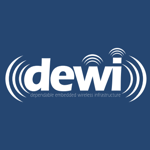 Ramiro Robles attended the 12th Meeting of ISO/IEC JTC 1/WG 7 Sensor Networks and the associated ISO workshop in September, in Singapore. The purpose of the event was to present the DEWI project and is part of the standardization activities of DEWI (dependable embedded wireless infrastructure). The project DEWI raised lots of interest in the ISO committee, especially in the 21 use-cases of DEWI as an example of the applicability of the ISO standard.
Ramiro Robles attended the 12th Meeting of ISO/IEC JTC 1/WG 7 Sensor Networks and the associated ISO workshop in September, in Singapore. The purpose of the event was to present the DEWI project and is part of the standardization activities of DEWI (dependable embedded wireless infrastructure). The project DEWI raised lots of interest in the ISO committee, especially in the 21 use-cases of DEWI as an example of the applicability of the ISO standard.
 António Barros participated in the EnerGAware project meeting held in Plymouth, UK in September. CISTER leads WP4 which addresses the deployment of an energy (electricity and gas) monitoring infrastructure to determine baseline energy consumption and, in the future, to observe effects of the game on the energy saving habits of families (under development). CISTER defined, together with Advantic Systems (energy monitoring solution provider) and DCH (social housing organisation), a technical solution addressing the diversity of electricity and gas meters in the project. The deployment of this remote monitoring infrastructure will start in November.
António Barros participated in the EnerGAware project meeting held in Plymouth, UK in September. CISTER leads WP4 which addresses the deployment of an energy (electricity and gas) monitoring infrastructure to determine baseline energy consumption and, in the future, to observe effects of the game on the energy saving habits of families (under development). CISTER defined, together with Advantic Systems (energy monitoring solution provider) and DCH (social housing organisation), a technical solution addressing the diversity of electricity and gas meters in the project. The deployment of this remote monitoring infrastructure will start in November.
 Researchers Michele Albano and Luis Ferreira took part in the Arrowhead Multi-Work Package meeting in September in Brussels. The event discussed the preparation of the public workshop in Stockholm in December, joint discussion on open issues of Arrowhead architecture and definition of technical goals for generation 3 of Arrowhead project. CISTER has active participation in all the above items.
Researchers Michele Albano and Luis Ferreira took part in the Arrowhead Multi-Work Package meeting in September in Brussels. The event discussed the preparation of the public workshop in Stockholm in December, joint discussion on open issues of Arrowhead architecture and definition of technical goals for generation 3 of Arrowhead project. CISTER has active participation in all the above items.
 David Pereira participated in the EMC2 project meeting in Vienna in September. The main objective was to report the contribution of CISTER in the various work packages, and to discuss the next steps with the upcoming second year review.
David Pereira participated in the EMC2 project meeting in Vienna in September. The main objective was to report the contribution of CISTER in the various work packages, and to discuss the next steps with the upcoming second year review.
CISTER participates in ARTEMIS CO-SUMMIT
 CISTER Researchers Luis Lino Ferreira, Geoffrey Nelissen, Eduardo Tovar and Luis Miguel Pinho participated in the 2015 Artemis/ITEA Co-summit held in Berlin. They were representing CISTER as members of several ongoing and finalized European projects, namely: EMC2, CONCERTO, Arrowhead, ENCOURAGE, CarCode and P-SOCRATES.
CISTER Researchers Luis Lino Ferreira, Geoffrey Nelissen, Eduardo Tovar and Luis Miguel Pinho participated in the 2015 Artemis/ITEA Co-summit held in Berlin. They were representing CISTER as members of several ongoing and finalized European projects, namely: EMC2, CONCERTO, Arrowhead, ENCOURAGE, CarCode and P-SOCRATES.
The Co-summit 2015 organized by ARTEMIS Joint Undertaking on embedded systems and ITEA, the EUREKA Cluster on software-intensive systems and services – counted about 700 participants from industry, academia, public authorities and press from all over Europe. This year's theme was: Smart Industry: Impact of Software Innovation.
During this event, Eduardo Tovar participated in the Artemis General Assembly and the election for the Artemis Steering Board as a candidate. Luis Miguel Pinho was invited to present a talk in the Speakers Corner on Mixed Criticality related to the actual status of the CISTER-lead European project P-SOCRATES. Geoffrey Nelissen represented CISTER in the CONCERTO booth and Luis Lino Ferreira was also representing CISTER in the CarCode and Arrowhead booths.
Finally, Luis Miguel Pinho and Luis Lino Ferreira, together with the ENCOURAGE project leader Arne Skou, received the achievement award for the successful finalization of the ENCOURAGE project.
Manil Dev Gomony, Jamie Garside, Benny Åkesson, Neil Audsley, Kees GoossensIEEE Transactions on Computers (TC), IEEE. Feb 2017, Volume 66, Issue 2, pp 212-225.
Per Lindgren, Johan Eriksson, Marcus Lindner, Andreas Lindner, David Pereira, Luis Miguel PinhoIEEE Transactions on Industrial Informatics (TII), IEEE. Feb 2017, Volume 13, Issue 1, pp 287-297.
Hazem Ali, Sander Stuijk, Benny Åkesson, Luis Miguel PinhoACM Transactions on Design Automation of Electronic Systems (TODAES), Article No 24, ACM. Jan 2017, Volume 22, Issue 2, pp 24:1-24:22.
Muhammad Ali Awan, Konstantinos Bletsas, Pedro Souto, Benny Åkesson, Eduardo Tovar29th Euromicro Conference on Real-Time Systems (ECRTS 2017). 27 to 30, Jun, 2017, Main track, pp 18:1-18:21. Dubrovnik, Croatia.
Konstantinos Bletsas, Muhammad Ali Awan, Pedro Souto, Benny Åkesson, Eduardo TovarWork in Progress Session, 29th Euromicro Conference on Real-Time Systems (ECRTS 2017). 27 to 30, Jun, 2017, pp 22-24. Dubrovnik, Croatia.http://www.ecrts.org/fileadmin/files_ecrts17/Proceedings_ECRTS-WiP2017.pdf
Muhammad Ali Awan, Konstantinos Bletsas, Pedro Souto, Eduardo Tovar30th International Conference on Architecture of Computing Systems (ARCS 2017). 3 to 6, Apr, 2017, Session 6: Scheduling, pp 205-218. Vienna, Austria.Part of the Lecture Notes in Computer Science book series (LNCS, volume 10172).









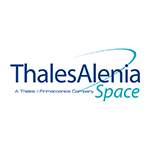





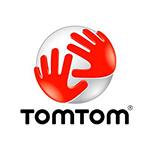


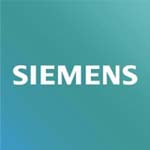
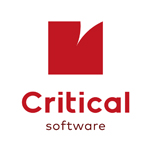
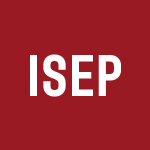
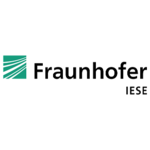
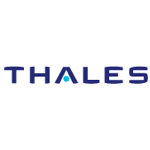
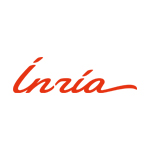



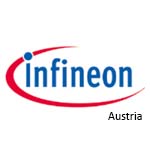
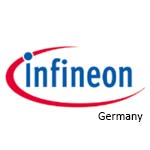
.png)

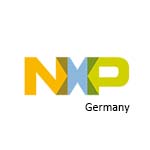
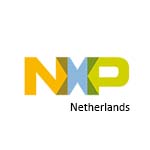
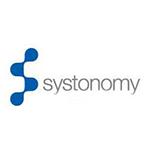
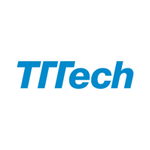
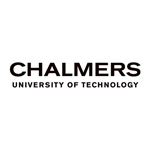
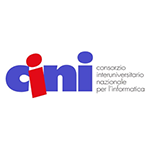
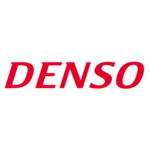

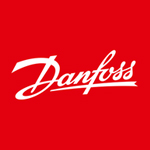


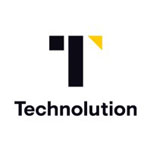
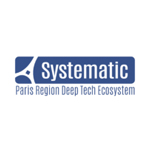
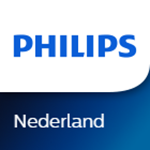

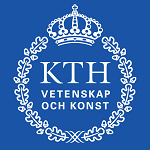

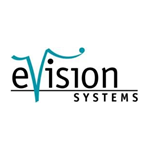
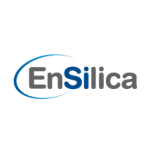

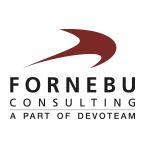
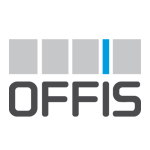

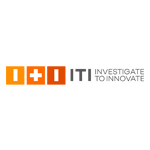
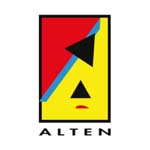
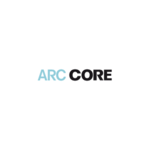
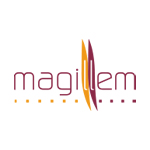
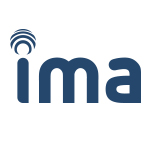
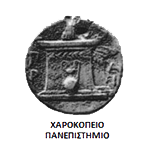

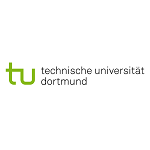
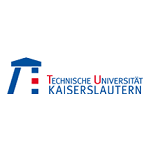
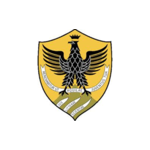
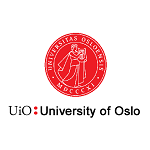
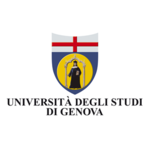

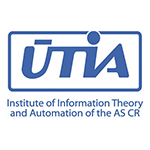
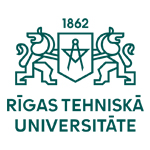
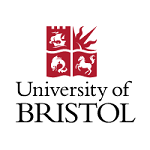
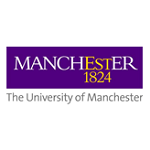
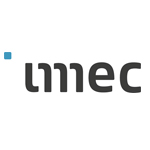
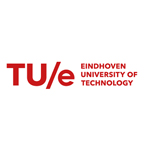
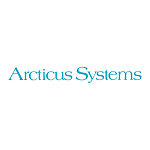
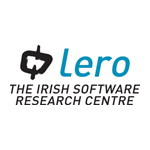
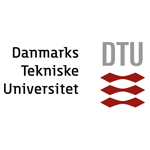
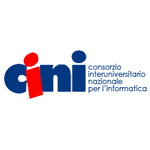
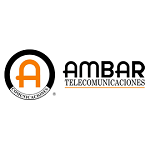
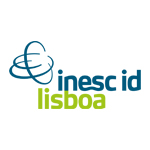
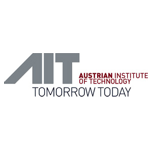
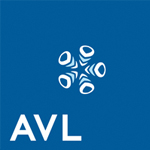

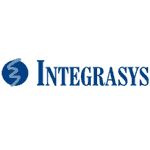
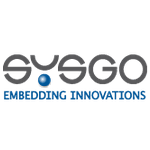
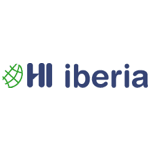
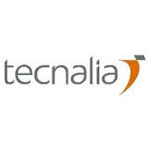
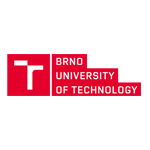
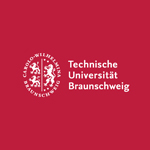

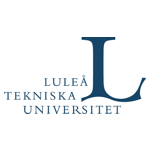
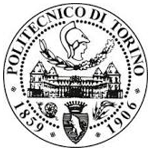
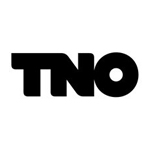

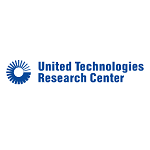


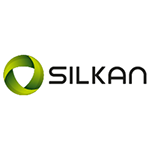
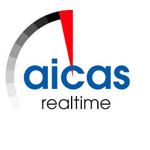
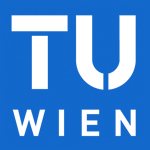
 PDF
PDF